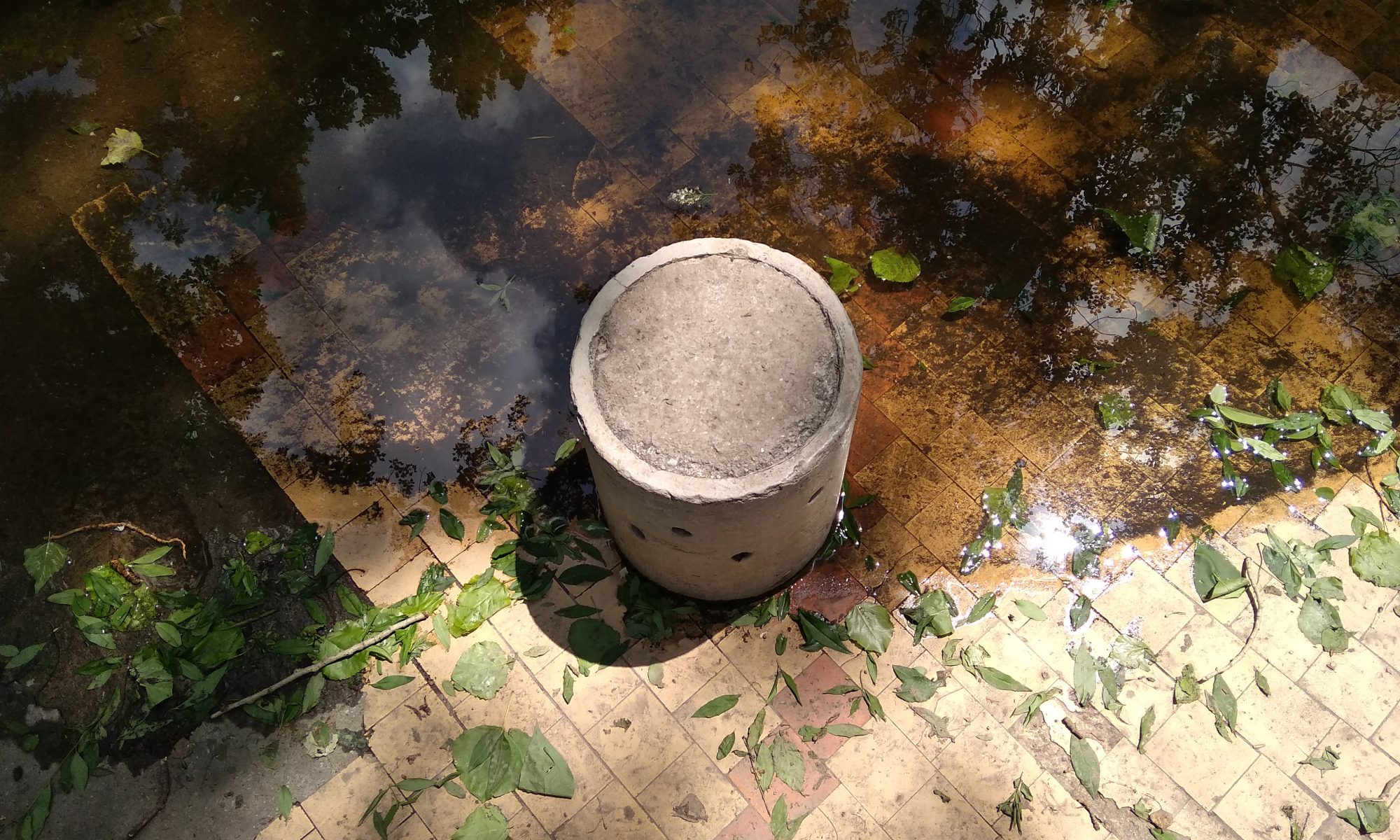
I’m thinking over this story about the Facebook group plotting to overthrow the Turkmen government. I’ve already pondered the journalistic ethics about publishing it (“Did I just kill a revolution?”), but there are some really interesting aspect I want to take a moment to discuss.
In terms of the technology: first, this remarkable feature of modern communication applications to serve as a mirror for humanity, revealing ourselves to ourselves, blemishes and all; second, the darkside of this mirror, namely, its potential to turn against us and become a tool of self-oppression; and third — and this is the pat I want to focus on right now — is the way in which it’s making our civilization vastly more leaky and transparent.
Back in April I was interviewed by Dr. Suelette Dreyfus, an international expert on digital whistleblowing. We had a long conversation on the definition of “whistleblowing”, and it occurred to me that besides the traditional, Daniel Elsberg-style leak, or its Julian Assange update, there may now also be “social leaking” or “social whistleblowing”. This is essentially unintentional releasing of information by the rank-and-file of an organization that at an authority, whether it be cultural, governmental or corporate, would have preferred not to be released.
So, as I see it, such leaking may often take the emotional form of venting. For example, neweurasia‘s Annasoltan has recounted the following anecdote about two Turkmen apparatchiks:
“Once I met two Turkmen diplomats who behaved as though they were in a race with each other to expound on the great achievements of our president. But when one them went to the toilet, the other quickly made scandalous revelations about the government and seemed desperate to convince me that he despised the regime. Imagine: a diplomat, our nation’s representative to the outside world!”
Or, as in the case of this Facebook group, the various reactions of everyday people confronted with a terrifying new idea, namely, the downfall of their government. In this latter example, the outside world has learned something very important about the current collective mindset within Turkmenistan — something we could not have easily determined before:
My boss at Transitions Online, Barbara Frye, first pointed it out to me: there’s real fear in some of the responses to the group, but the fear isn’t about the government, but about the revolution actually succeeding. Turkmen society may be crying out for freedom, but it is also terrified of too much change, too soon. But is this the old story of the devil you know is better than the devil you don’t? I don’t think so.
Consider the example of capitalism: many Turkmen may be excited at the idea of rewarding people according to their actual hard work and not just their family connections or political cunning, but they may not want the hyper-meritocratic, sink-or-swim system of the West (to say nothing of whether their society even has the resources or cultural structure for such a system).
Thus, raising the question of revolution in Turkmenistan turns out not just to be the romantic story of evading authorities, gathering people, convincing soldiers not to shoot at demonstrators, and so on. It is also about convincing a cocooned population to embrace uncertainty and to decide for themselves what kind of society they truly want.

One Reply to “”